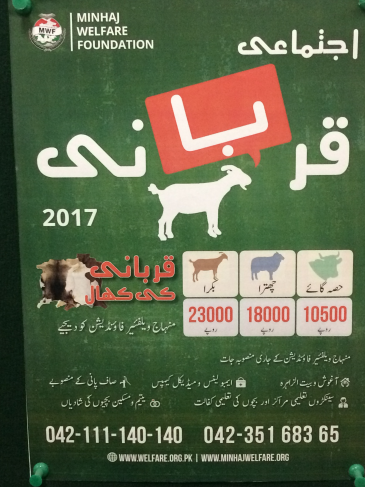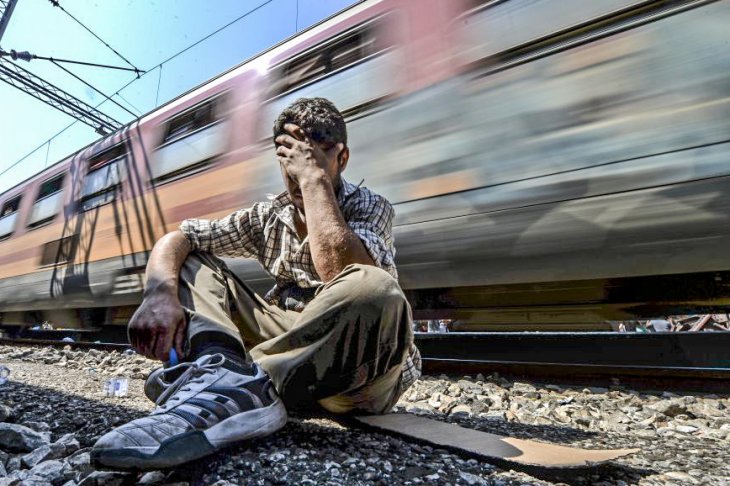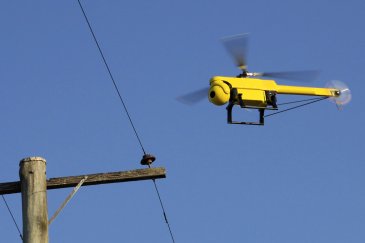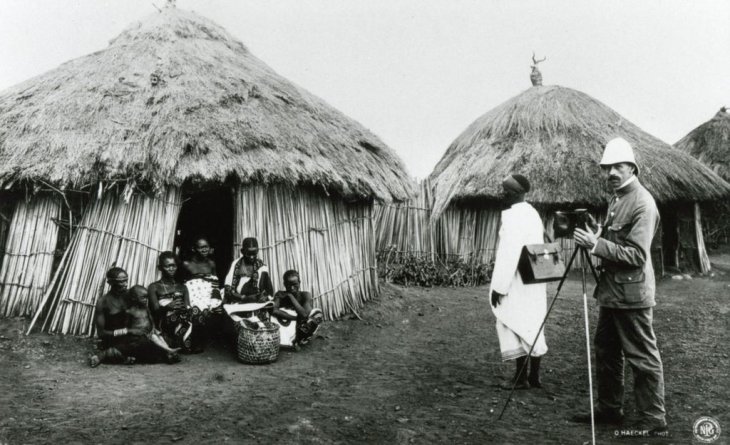Muslims all over the world are celebrating Eid-ul-Adha, the ‘festival of sacrifice’ or the Greater Eid. The other Eid, Eid-ul-Fitr is the festival which marks the end of Ramadan, the month of fasting. This is when many Muslims pay their annual zakat – a religious tax equivalent to 2.5 percent of a person’s wealth each year.

Islamic aid organizations offer qurbani (animal sacrifice) services for Eid-ul-Adha (as shown in an advertisement above), and use the profits from sales of the animal skins to fund their welfare programmes. Photo: Marta Bivand Erdal / PRIO
Meanwhile, in conjunction with Eid-ul-Adha, Muslims worldwide conduct qurbani, sacrificing a goat, sheep, cow or camel, where a third of the meat is distributed to the poor or vulnerable. The sale of animal skins, donated by individuals after the ritual sacrifice, is a major source of income for many charity, welfare, and aid organizations. Religious festivals in Islam often involve distribution of food and donations to help people in need.
Contributing to social justice through the redistribution of wealth is a central tenet of Islam and is implemented by requiring those who are able, to share their wealth. These transactions are private affairs and, according to the Quran, must be conducted discreetly. Accordingly, it is difficult to know how much money is actually involved. But estimates suggest Muslim charity amounted to US$ 2tn (2015) and is on the rise. Even the lowest estimates of Muslim giving globally put the figures at 15 times the global total of official humanitarian aid in 2011.
Religious alms-giving is often criticized for failing to support long-term, sustainable development. Our research among Muslims in Norway and Pakistan shows, however, that many Muslims are keen to give to organizations and initiatives designed to achieve lasting change in people’s lives, for example through funding education. Many are also concerned about sustainable development.
This can be seen as part of a global trend, as Muslim actors have become increasingly prominent internationally in the areas of development and humanitarian aid. Institutions such as the Islamic Development Bank (IDB) and Muslim NGOs are signing up to the UN Sustainable Development Goals.
This is a new trend, but what does it mean?Read More



